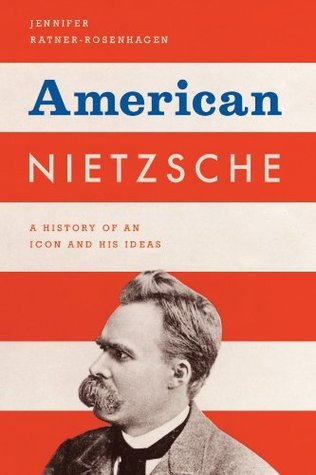Nietzsche’s primary focus on the inner grandeur of the individual should be familiar to American readers, Schumm argued, because it recalled “the gentle sage of Concord.” Both thinkers were “pronounced individualists” who rejected outworn creeds, and were “experimenter[s]” who sought, as Nietzsche put it, “Life as a means of knowledge.” Likewise both fought the “dead level of mediocrity,” the hollow Christian and egalitarian chants of the age, which threaten, in Emerson’s words, to “melt the world into a lump.” Though Schumm made no claim for influence, he noted the strong affnity between the
...more
Welcome back. Just a moment while we sign you in to your Goodreads account.


